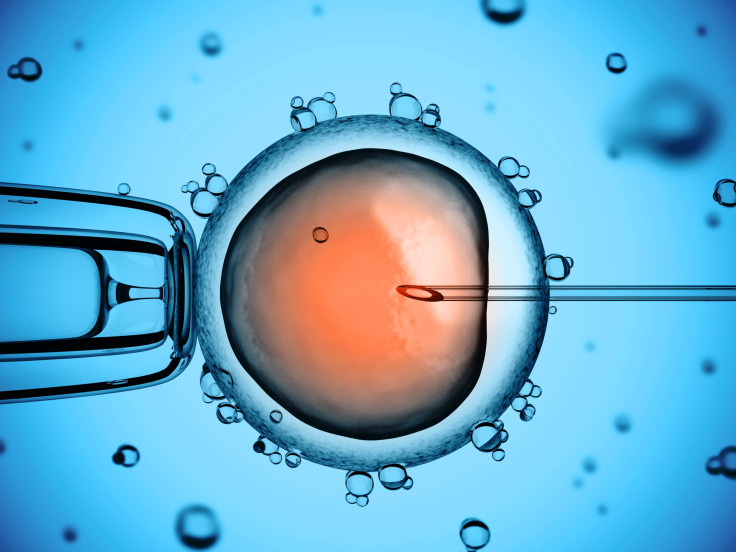Frozen Embryos Produce More Sociable Children Than Fresh Ones (For Some Reason)

According to a recent study, children born from frozen embryos are actually more sociable than those born from fresh ones. And although the correlation exists between frozen embryos and sociable offspring, researchers have yet to prove why.
As expected, many people are worried of the long-term effects of forms of artificial reproduction, such as IVF, especially when it comes to freezing embryos. Fortunately, these worries may be unfounded. Previous studies have shown that children born from frozen embryos are stronger than those from fresh ones. New research has gone a step further and suggested that freezing embryos can also influence a child’s personality for the better.
“Children born after assisted fertility treatment with frozen embryo transfer showed significantly better performances than children born after assisted fertility treatment with a fresh embryo,” concluded lead author Dr. Lan Feng Xing, as reported by The Telegraph.
In the study, presented at the American Society for Reproductive Medicine in Hawaii, researchers followed 250 Chinese children from birth until nursery, assessing the youngsters' self-dependence, communication skills, work skills, socialization, and self-management. Frozen embryo children were found to outperform fresh embryo children in all aspects.
In vitro fertilization is a form of assisted reproductive technology where an egg and sperm are manually combined in a petri dish. The fertilized embryo is then either frozen for later use or implanted into the uterus for immediate gestation. Fresh embryos are thought to give the women the best chances of having a baby, and frozen embryos are saved in case a woman wants to try again or wants to add more children to her family later in life. Still, the study revealed that frozen embryo children continued to outshine their fresh peers in sociability. The reason for this, however, isn’t quite clear, but scientists have a few ideas.
Dagan Wells, an Oxford University IVF doctor, told The Telegraph that differences in personality may be because a mother’s body has more time to recover from the powerful drugs given at the start of IVF treatment when implanted with a frozen rather than fresh egg. “This may allow embryos to implant more successfully, forming a perfectly functioning placenta, which nourishes the embryo,” Wells said.
Dr. Allan Pacey, a fertility expert at the University of Sheffield, gave a different perspective, reasoning that, “Perhaps it is the fact that only the 'stronger' embryos are used during frozen embryo transfer." This hypothesis matches that of the study’s researchers. Others took a more psychological route to explain the difference.
Professor Charles Kingsland, a consultant gynecologist at Liverpool Women’s Hospital told The Telegraph that the personality difference may be because frozen embryos tend to be born to older parents. Having older parents may cause the child to spend more time in adult company from an early age. Also, older parents may be more likely to have less children and therefore spend more time doting on those they had.
Although it has been suggested that frozen embryos tending to be the second child in a family may be behind their bubbly personalities, Kingsland wasn’t as quick to agree. "In my experience, when the first child was born from a fresh embryo and the second from a frozen one, the second child tends to be less socially integrated and a bit more stroppy."
Source: Lan-feng X et al. Comparison of Social Adaptation in Preschool Singleton Children Born After Frozen and Fresh Embryo Transfer In ART. American Society for Reproductive Medicine Meeting. Honolulu. 2014.



























